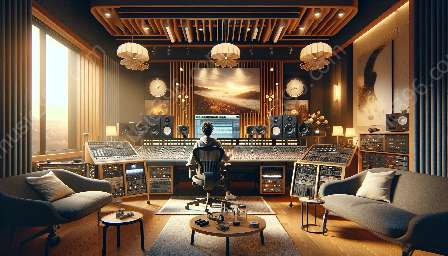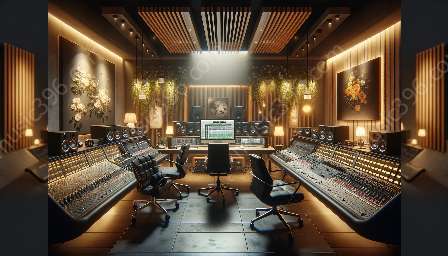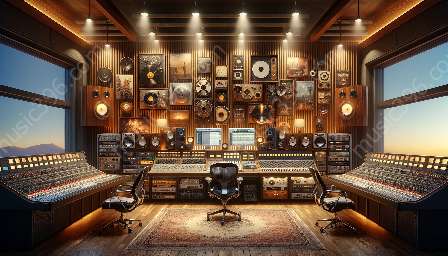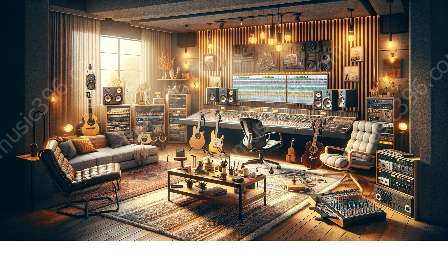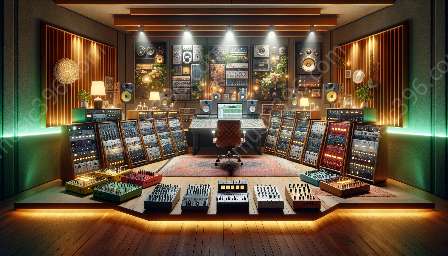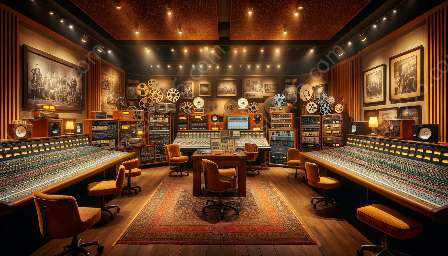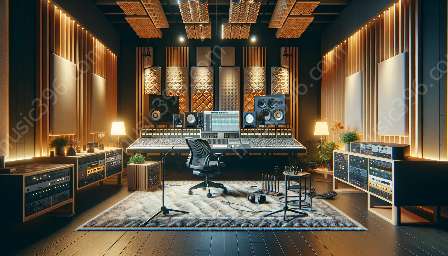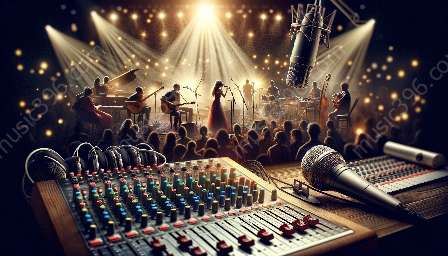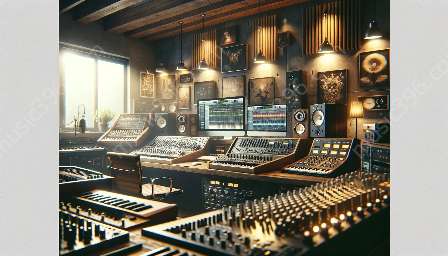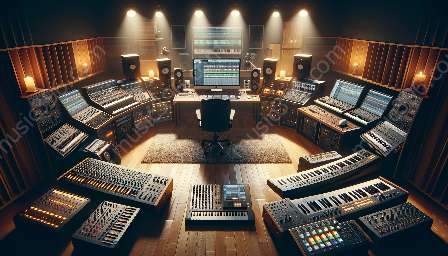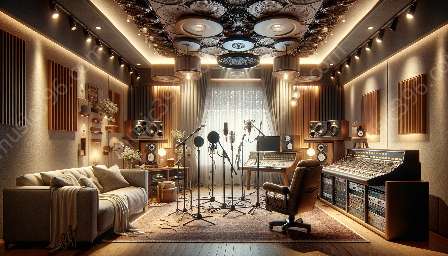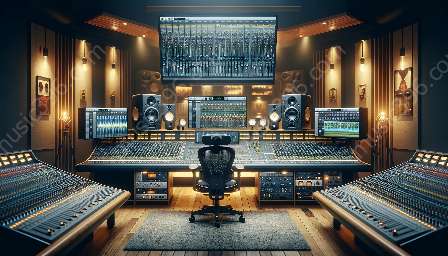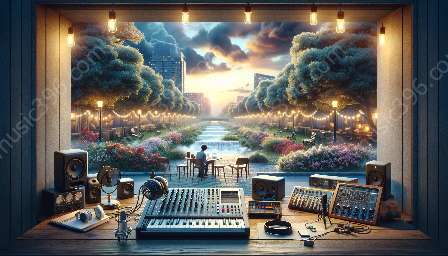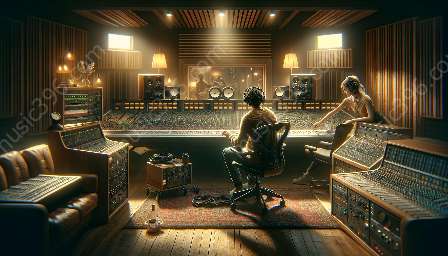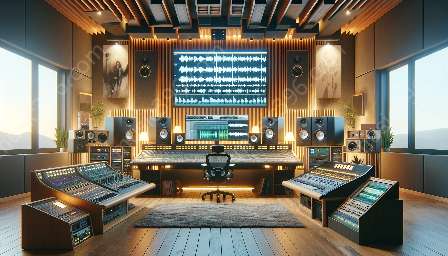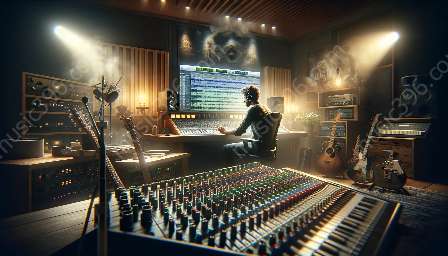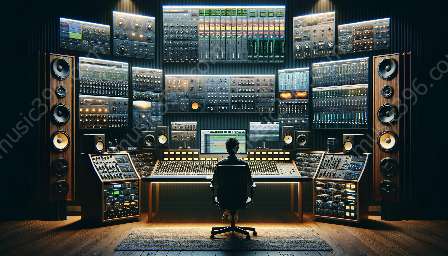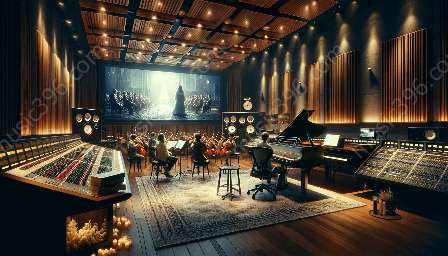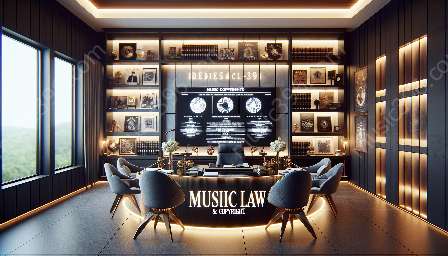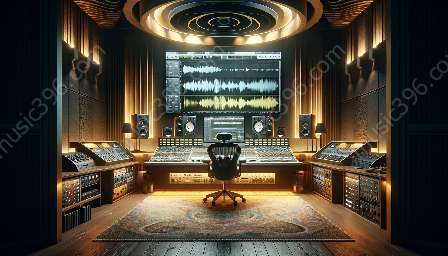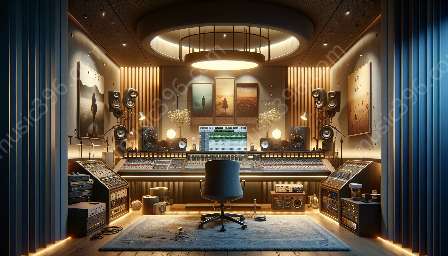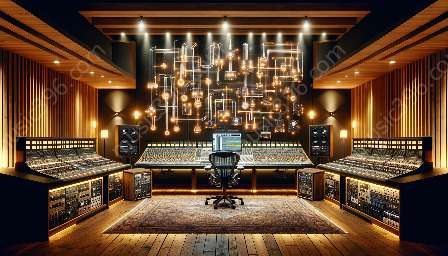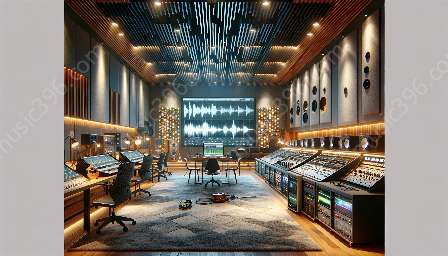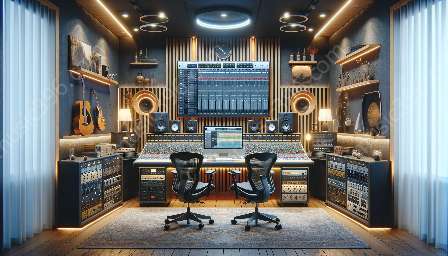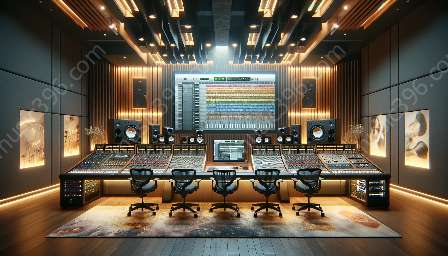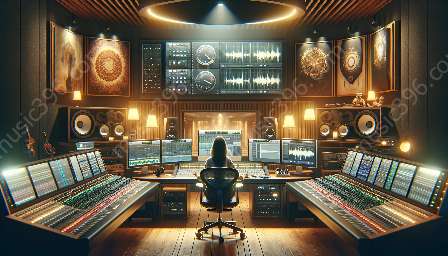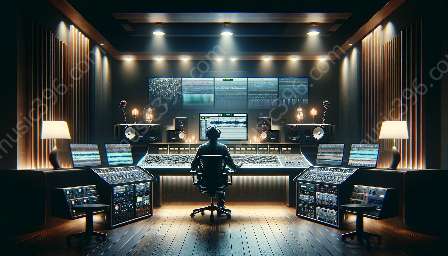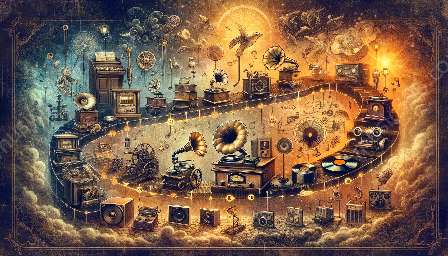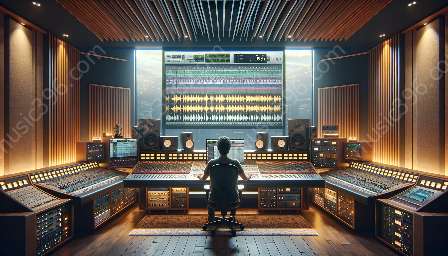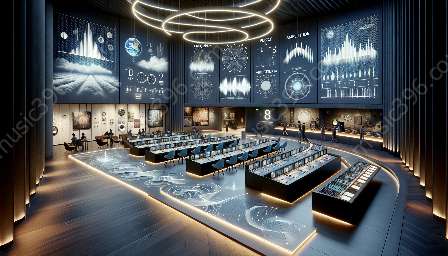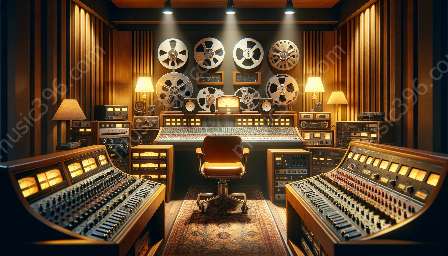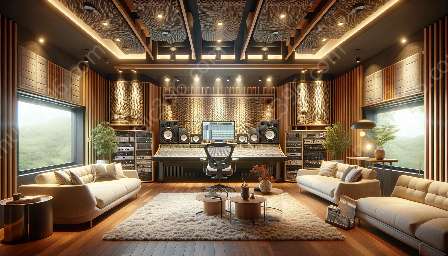The role of audio engineers in the music recording industry has evolved significantly over time, driven by advancements in recording technology and the changing nature of music production. This article explores the history and evolution of music recording technology, from the early days of analog recording to the digital age, and its impact on the work of audio engineers.
History and Evolution of Music Recording Technology
Music recording has a rich history that spans over a century, with significant technological advancements shaping the way music is recorded and produced. The early days of audio recording were dominated by analog technology, starting with the invention of the phonograph by Thomas Edison in the late 19th century. This groundbreaking invention allowed sound to be mechanically recorded and reproduced, marking the beginning of the music recording industry.
Over the years, analog recording technology continued to progress, with the introduction of magnetic tape recording in the mid-20th century. This innovation revolutionized the recording process, offering superior sound quality and greater flexibility in editing and mixing. Analog tape machines became a staple in recording studios, and audio engineers were responsible for operating and maintaining these complex and delicate devices.
The digital revolution in the 1980s brought about a seismic shift in music recording technology. Digital audio workstations (DAWs) and digital recording equipment replaced analog tape machines, offering unprecedented levels of precision, flexibility, and convenience. This transition fundamentally changed the role of audio engineers, who needed to adapt to working with digital tools and mastering new techniques for manipulating and processing digital audio.
The Role of Audio Engineers in Music Recording
Audio engineers play a crucial role in the music recording process, overseeing the technical aspects of capturing and shaping sound. In the early days of recording, engineers were responsible for operating recording equipment, setting up microphones, and managing the recording environment to achieve optimal sound quality. As recording technology evolved, so did the responsibilities of audio engineers.
With the advent of multitrack recording and mixing consoles, audio engineers gained the ability to manipulate and blend multiple audio tracks, giving rise to the role of the recording engineer as a creative collaborator in the music production process. As music genres diversified and production techniques expanded, audio engineers became essential contributors to the artistic vision of recording artists and producers, using their technical expertise to sculpt and enhance the sonic landscape of a recording.
Today, audio engineers continue to adapt to the ever-changing landscape of music recording technology. The rise of home recording studios and project-based recording setups has made it more accessible for musicians and producers to create music outside of traditional recording studios. Audio engineers now operate in diverse settings, from professional recording studios to home setups, and must possess a wide range of skills to effectively navigate the complexities of modern recording technology.
The Future of Audio Engineering
Looking ahead, the evolution of music recording technology shows no signs of slowing down, with advancements in areas such as virtual reality audio, spatial audio, and artificial intelligence shaping the future of audio engineering. These developments are likely to further expand the scope of audio engineering, offering new creative possibilities and challenges for those working in the field.
As the boundaries of music production continue to be pushed, audio engineers will need to stay abreast of emerging technologies and innovative recording techniques to remain at the forefront of the industry. The role of the audio engineer will continue to be a vital component in the creation of compelling and immersive audio experiences, ensuring that the evolution of music recording remains driven by the passion and expertise of those who shape its sound.


